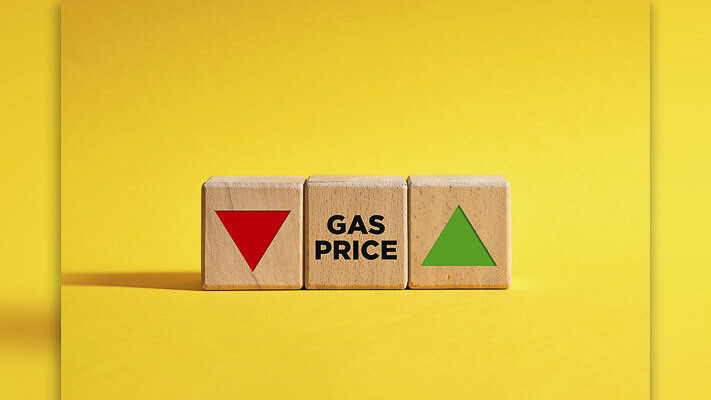
The price of gas in the Evergreen state has risen nearly 30% since the beginning of the year following the implementation of cap and trade carbon tax legislation
Timothy Schumann
The Center Square Washington
After three weeks of declines, Washington state fuel prices are on the rise again. Despite the increase this week, Washington has been overtaken by California as the most expensive fuel market nationwide.
Unlike California, however, the price of gas in the Evergreen state has risen nearly 30% since the beginning of the year following the implementation of cap and trade carbon tax legislation.
The average price of a gallon of regular unleaded gas in Washington is $4.95 as of Monday, up from $4.92 the week prior, according to AAA data. This price increase followed only the fifth week this year of declining fuel prices in Washington. Per AAA, the average price of gas in California is just under $5 per gallon.
This 3-cent per gallon increase moved with the national average, which rose from $3.59 to $3.75 per gallon, a 16 cent per gallon increase over the same time period.
Washington’s $4.95 per gallon is $1.20 higher than the national average of $3.75 per gallon. It is also $1.70 higher than the nation’s least expensive fuel cost of $3.25 per gallon in Mississippi.
Intrastate variance in Washington remains high at $1.32 per gallon, up 2 cents per gallon from the week prior. The outliers this week – San Juan and Asotin counties – represent the most and least expensive gas prices statewide, at $5.55 and $4.23 per gallon, respectively.
This price variance still largely follows the Cascade Range, with residents to the west paying a higher premium at the pump than residents to the east.
Some experts think there’s a legislative component to the relatively high cost of Washingtonians’ fuel, as previously reported by The Center Square, citing the state’s cap and trade carbon tax program implemented on Jan. 1.
“They claimed the program would cost ‘pennies,’ but Washington’s consumers are now paying 50 cents per gallon for just the cap-and-trade program,” said Catherine Reheis-Boyd, Western States Petroleum Association president, in a statement to The Center Square.
State Sen. Mark Mullet, D-Issaquah, agrees this price is too high, having recently introduced state legislation to cap the price of these auctions.
Gov. Jay Inslee disagrees with Mullet on where the blame lies.
“No, they’re not passing [it] on,” replied Inslee during a recent press conference, suggesting none of the recent price increases have been due to the carbon tax.
Mike Faulk, Inslee’s spokesperson, went into some more detail on the matter.
“The governor does not deny that the Climate Commitment Act’s cost impacts are likely more than the projections he based his past comments on. The projections did not anticipate the oil companies trying to pass along as much vaguely defined compliance cost onto the consumer,” he said in an email to The Center Square.
Carbon auctions were held in February and May. The third carbon auction is set to take place on Aug. 30.
Prices at the May auction were high enough to trigger the allowance price containment reserve clause, adding an emergency fifth price containment auction of carbon shares on Aug. 9.
This report was first published by The Center Square Washington. Brett Davis contributed to this report.
Also read:
- Busy pavement season ahead on Vancouver streetsThe city of Vancouver is set to repave and preserve 76 lane miles across 20 neighborhoods in summer 2025, with ADA upgrades and community notices throughout.
- State representative: Expect sticker shock when Interstate Bridge project officials reveal price, tolling plansAt a town hall in Battle Ground, Rep. John Ley warned of major cost increases and tolling burdens tied to the Interstate Bridge replacement project.
- Opinion: Washington state lawmakers increase the cost of driving – againBob Pishue of Mountain States Policy Center argues that new vehicle and fuel taxes in Washington will raise driving costs while diverting funds away from roads.
- Overnight full closure of I-5 near Woodland for bridge inspection, May 6WSDOT will fully close southbound I-5 near Woodland overnight on Tuesday, May 6 for a bridge inspection using a chain drag test.
- Opinion: Do we still need TriMet?John A. Charles Jr. of the Cascade Policy Institute argues that TriMet should halt expansion plans and prepare for major service reductions in response to falling ridership and rising costs.









